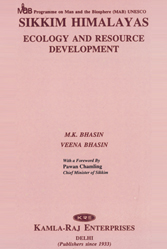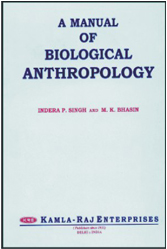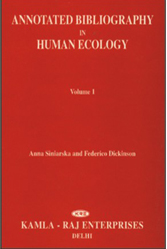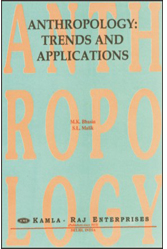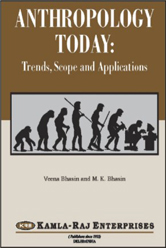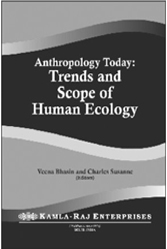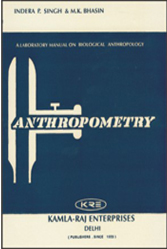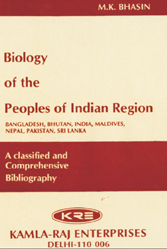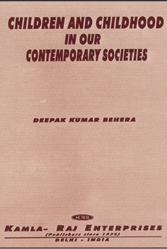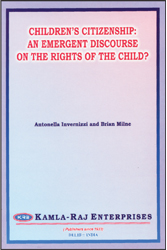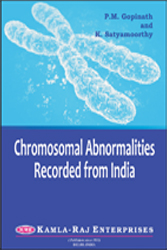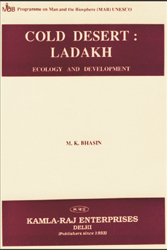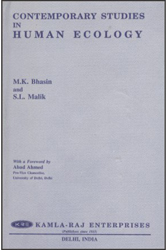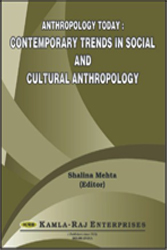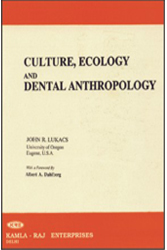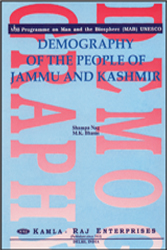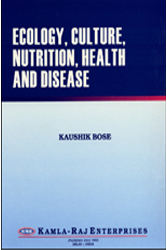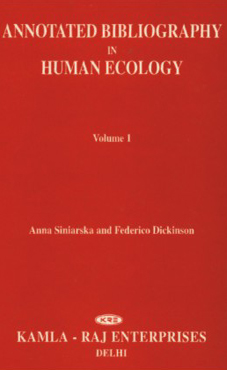Human ecology is a synthetic transdisciplinary science concerned with human life and culture as a dynamic component of ecosystems. Typical of an interdisciplinary science is an approach which integrates topics under study across the usual traditional or classical branches of science Human ecology synthesizes part of the knowledge of several classical disciplines in a specific way. Of the many possible research orientations for understanding the relationship of people to their environment, not all are ecological, and only a few can be considered human ecology. More than 50 per cent of accumulated human knowledge is related to the study of man and some aspect of our environment. If we called all this knowledge human ecology, it would be a meaningless generalization, Because science has been based on the study of specific topics, for example such classic disciplines as physics, geology, biology, anthropology, and interactions such as genetics and ecology, or problems such as auxology and evolution, human ecology provides a definitetransdisciplinary approach to study by assuming specific perspectives. Human ecology may be considered to have two parallel foci: (1) an academic human ecology as a scientific discipline, and
